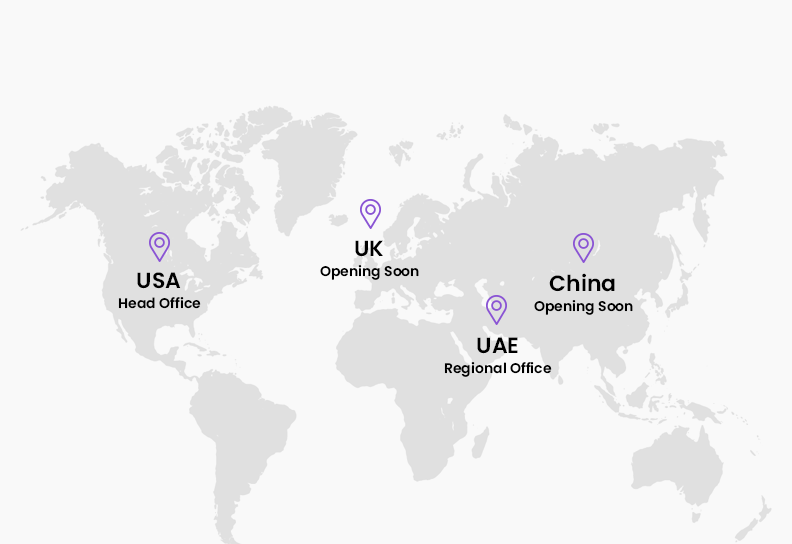Ecommerce integration is a crucial aspect of modern business, allowing companies to streamline their operations and increase efficiency. By integrating various e-commerce platforms and tools, businesses can improve their customer experience, reduce costs, and increase revenue. In this blog, we will explore what ecommerce integration is and the advantages it offers to businesses of all sizes. Whether you are a small business owner or a large corporation, understanding e-commerce integration can help you stay competitive in today’s digital marketplace.
What is eCommerce Integration?
Ecommerce integration refers to the process of combining and synchronizing various e-commerce platforms, software, and systems with other business applications and processes. It involves seamlessly connecting online storefronts, inventory management systems, customer relationship management (CRM) software, payment gateways, shipping providers, and more. The ultimate goal is to create a unified and streamlined system that enhances operational efficiency, improves customer experience, and drives overall business growth. If you’re looking for ecommerce integration services for such facilities then Ecommerce House has got you covered!
Advantages of e-Commerce Integration:
Enhanced Efficiency and Productivity:
By integrating different systems and automating processes, e-commerce integration eliminates the need for manual data entry and reduces human errors. It enables real-time data synchronization, inventory updates, order tracking, and shipping information, leading to increased operational efficiency. Employees can focus on higher-value tasks, such as customer service and strategic decision-making, rather than getting bogged down by repetitive manual tasks.
Seamless Inventory Management:
Inventory management is a critical aspect of any e-commerce business. Ecommerce Integration solutions allow automatic synchronization of inventory levels across various channels, such as online stores, marketplaces, and brick-and-mortar stores. This real-time visibility helps prevent overselling, backorders, and stockouts, ensuring customer satisfaction and maximizing sales opportunities. Accurate inventory data also enables businesses to plan procurement, optimize stock levels, and reduce carrying costs.
Streamlined Order Processing:
Ecommerce integration centralizes order management, providing a comprehensive view of all incoming orders, regardless of the sales channel. It allows businesses to automate order processing workflows, including order fulfillment, invoicing, and shipping. Streamlining these processes reduces order processing time, minimizes errors, and enhances customer satisfaction. Customers receive timely updates on their order status, leading to improved transparency and trust.
Personalized Customer Experience:
Integration enables businesses to leverage customer data from various sources, such as CRM systems, marketing automation tools, and loyalty programs. This wealth of information allows for personalized marketing campaigns, targeted promotions, and tailored recommendations based on customer preferences and purchase history. By delivering relevant and personalized experiences, businesses can increase customer loyalty, drive repeat purchases, and boost customer lifetime value.
Multi-channel Selling and Reach:
Ecommerce integration empowers businesses to expand their reach and sell across multiple online channels, including marketplaces like Amazon, eBay, and social media platforms. Integration ensures seamless synchronization of product listings, inventory, and pricing across different channels. This wider market presence enhances brand visibility, attracts new customers, and drives revenue growth. Moreover, businesses can tap into the growing mobile commerce market by integrating with mobile apps during the application development process and optimizing the mobile shopping experience.
Real-time Analytics and Reporting:
The integration provides access to comprehensive and accurate data, facilitating real-time analytics and reporting. Businesses can monitor sales performance, track inventory turnover, analyze customer behavior, and measure marketing campaign effectiveness. These insights enable data-driven decision-making, identify trends, and uncover opportunities for business growth and optimization. By having a holistic view of their operations, businesses can make informed strategies to stay ahead of the competition.
Scalability and Future-Readiness:
E-commerce integration lays the foundation for scalability and future growth. As businesses expand, integration allows for easy onboarding of new sales channels, adding new products, and integrating with third-party tools and services. It ensures that the business infrastructure is flexible, adaptable, and can handle increased transaction volumes without disruptions. By future-proofing their operations, businesses can adapt to changing market dynamics and customer demands.
Conclusion
In the digital era, ecommerce integration is no longer a luxury but a necessity for businesses aiming to thrive in the competitive landscape. The advantages of ecommerce website integration, ranging from increased efficiency and streamlined operations to personalized customer experiences and scalability, are vital for sustainable growth. By embracing integration, businesses can unlock the full potential of e-commerce and position themselves for success in the evolving marketplace.









